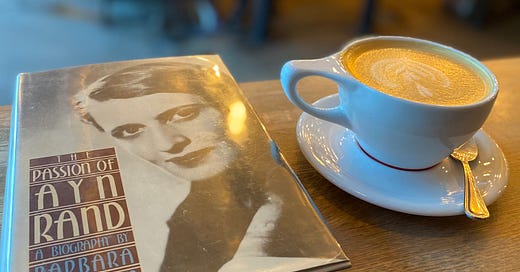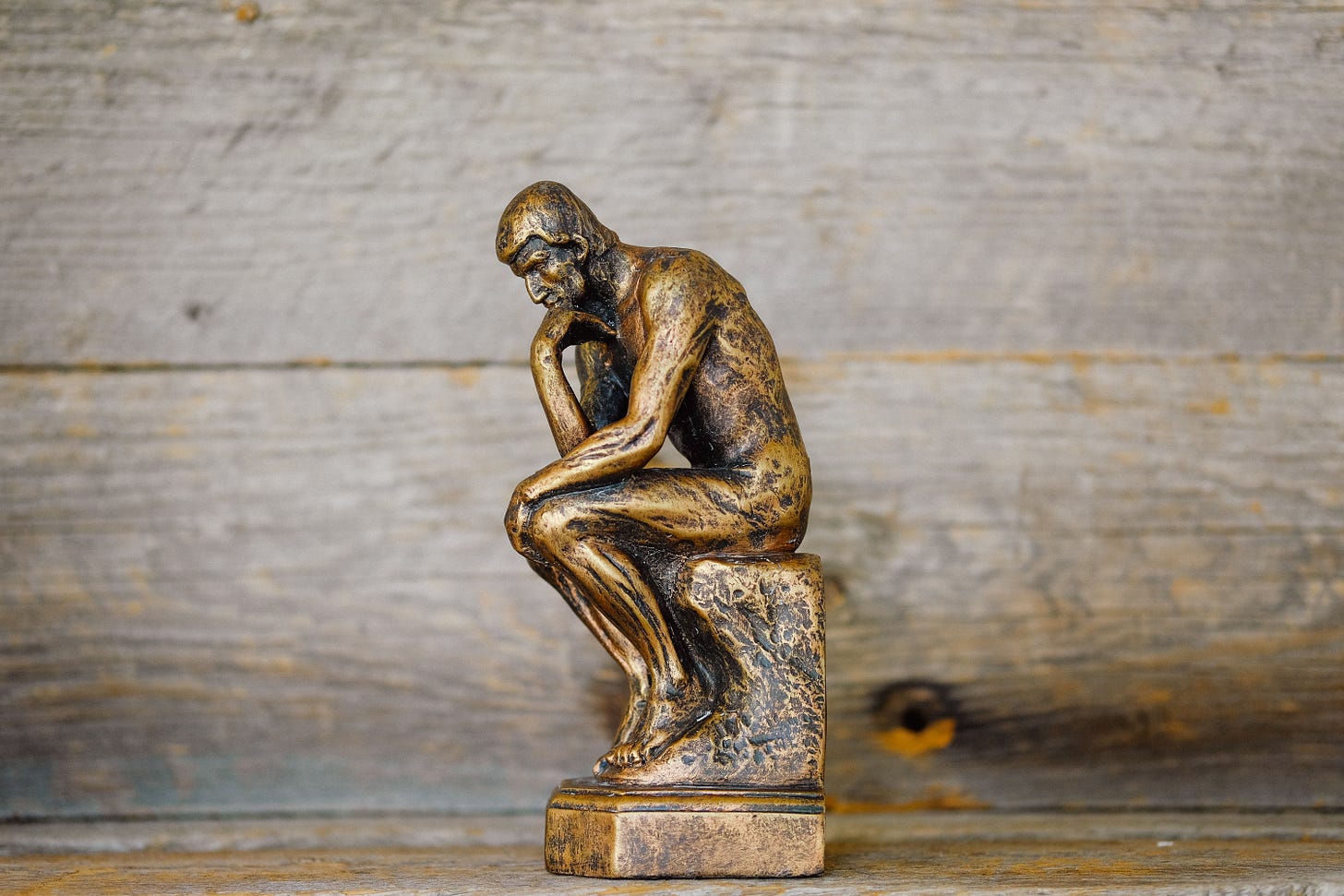As a perpetual student of human nature, I have always viewed life as a series of questions. In recent years amid a raging pandemic, political upheaval, mass social movements, and a shifting world order, we have seen some of the most profoundly impactful disruptions in our lifetime.
At the same time, all of this has opened up fresh opportunities to challenge entrenched individual and societal belief systems fueling new opportunities and innovative shifts. It’s here where I often use books as a window for examining my existing worldviews in my aim to spark new opportunities for personal growth and expansion.
Euripides, an ancient writer of Greek tragedy was so wise in his assertion:
“Question everything. Learn something. Answer nothing.”
This in my opinion embodies the essence of critical thinking, a way of viewing the world through reason, probing questions, and the evaluation of arguments and evidence. While asking great questions is a huge part of thinking critically, we often either don’t ask enough questions or fail to ask the right ones.
A willingness to assess “what you don’t know that you don’t know” is key to being true to yourself. As our world continues to evolve around us, now is the time to embrace our inner devil’s advocate and begin asking questions about important things —- our values, career pursuits and aspirations, relationships and contributions to the world.
While questioning one’s long held views and assumptions can be uncomfortable at first, the process can have a significant impact on the trajectory of your life. It can help you pivot and adjust in today's rapidly changing world while recognizing that to achieve and maintain success, you can’t remain comfortable with your current levels of expertise and knowledge. Because of technology and other fast growing innovative solutions, it is incumbent upon us to embrace new skill sets and fresh approaches to navigating this world.
By way of example, I had a credit card that was recently compromised. So I called customer service at the card issuer to request a replacement. While completing the necessary steps over the phone with the representative, I inquired about what I could do moving forward to reduce the likelihood of this happening again. The rep responded that a major factor in most of these breaches is when a customer saves their credit card on an online site that they regularly purchase from. Moreover, she recommended using a mobile credit card solution like Apple Pay to significantly lessen the risk.
As lifelong learners we should always be asking questions that allow us to take what we know and update it. For me, one of the best accelerants for a life of inquiry and curiosity is cultivating a regular habit of reading books.
Two epic reads that over time have helped me become a better and more engaged questioner are Ayn Rand’s classic works Atlas Shrugged and The Fountainhead. In my opinion they are among the best at challenging our deepest held views and opinions about love, values, morals, selfishness, good versus evil, and a whole host of other personal tenets. Moreover, they offer readers a roadmap on the essence of what it means to be a critical thinker.
Throughout her fiction and nonfiction work, Rand espoused a fresh set of philosophical views that provoked readers to examine some of their most closely held worldviews. She termed this philosophy Objectivism which she described as simply a “philosophy for living on earth.”
By way of example, Rand’s philosophy is radical in its rejection of altruism as a universal moral standard, thus challenging worldviews which hold that one’s highest purpose and reason for existence is to serve either a deity or fellow man. In other words, she believed that our primary rai·son d'ê·tre is serving our own interest first. By pursuing this course, each individual, in her view, is best able to create and contribute their highest value to others as they so choose, as opposed to by obligation or force.
While some consider Rand’s views radical in nature, the ultimate objective of her books as I see it isn’t to get you to change your views. Rather it’s to provoke us to become better critical thinkers and questioners.
For many of us, the mere thought of challenging our long held beliefs and worldviews is the ultimate in discomfort. As noted by Marc Mullinax in his book Tao Te Ching: Power For The Peaceful: A New Translation
“A worldview is one’s habituation and acculturation acquired after birth, through culture and exposure to others, which gives one the set of expectations, rules, and norms for living in that culture. A worldview is a “map” of whatever a culture considers relevant in the world and how to negotiate that culture efficiently.
Worldviews excel in making the ordinary processes of that culture seem normal and unquestioned. They normalize the status quo. They reinforce current existence as “normal” and “as expected” through movies, music, pop culture, competitive-market capitalism, and ever-present militarism as the go-to answer for problems.
Worldviews operate silently, in the background, like the operating systems of computers, which we never notice until something goes wrong.”
Mullinax goes on to say that the major objective of a worldview is to:
“….keep one’s interruptive critical thinking and questions unthought and unasked, to make it feel natural that there are no good courses of action or life outside the ones it provides.”
He asserts that few of us understand that we have a worldview until it is challenged because….
“….to participate moment-by-mo-ment in a worldview (as we all do) is to vote for its continuance. Nothing in the worldview would alert its subscribers that its lens is out of focus, and a corrective lens is needed. In the West, worldviews are usually dualistic and binary, zero-sum views of how life is to operate.”
In the end, until you start questioning things you believe to be the only truth, you’ll never meander outside of your bubble. As a result, these assumptions, mindsets, opinions, and worldviews will continue to dictate how you show up in the world and what you do.
So, are you struggling with the course your life is taking? Do you want to experience a better existence? Would you like to show up differently in terms of your thinking and views? If your response to these is yes then the only solution is to begin a new phase of critical thinking and questioning what’s important to you. It’s here where books can serve as a catalyst for meaningful change.





